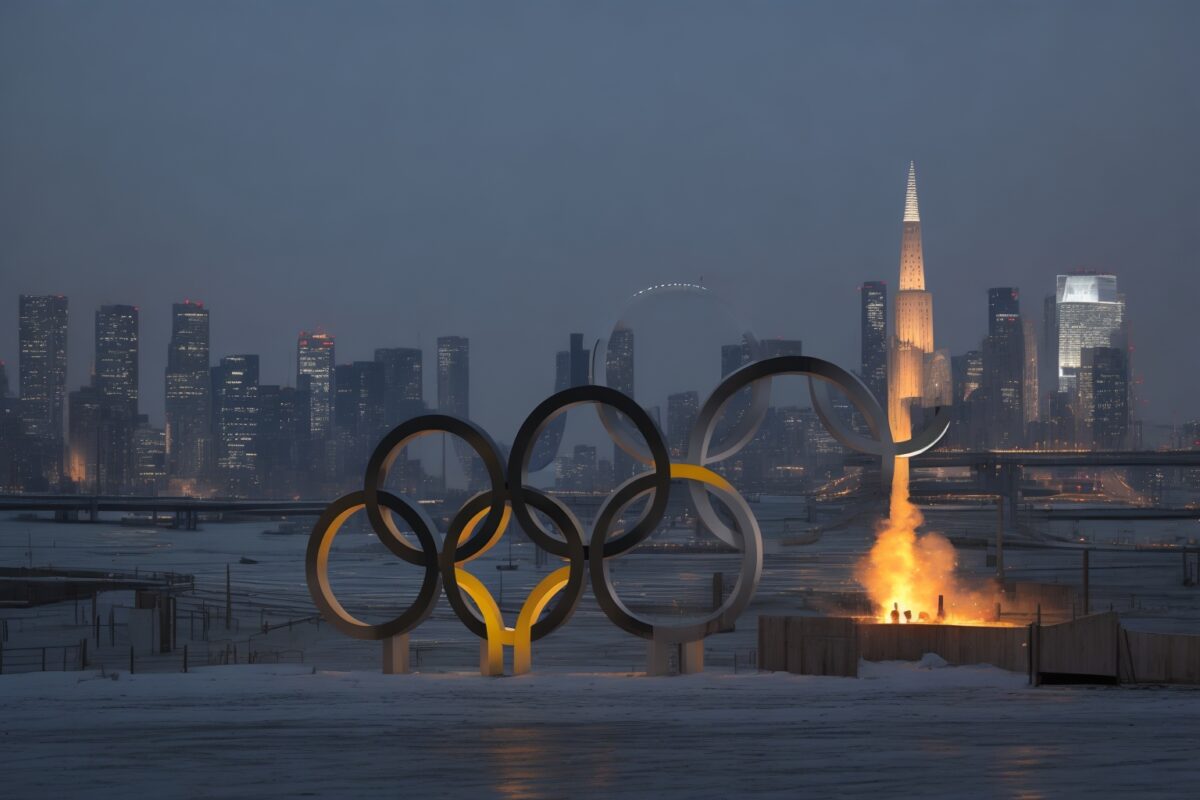On December 7, 2020, the IOC officially approved breaking as a discipline at the Olympic Games in Paris 2024. That’s exciting news for competitive breaking, but the dance scene is ambivalent about it. There is widespread concern that the essence of our dance might get lost, once it gets drawn into the world of sports.
The risk of breakdance being part of the Olympic Games
The biggest fear that is around in the dance scene is that breaking will become detached from its cultural roots and the bigger part of the world will perceive it as an acrobatic form of sports, instead of an art form that goes hand in hand with cultural values. There is nothing we can say to debunk this claim. That is a possibility, but it is not inevitable.
How the wider public (outside the dance scene) perceives breaking will depend on how the competitions are judged and who the judges will be. If we are honest about this point, there is no difference to events that are happening right now. Depending on the judges panel, the character of events changes a lot.
Also, the mainstream media and therefore, the majority of people worldwide already perceive our dance as acrobatics and not a dance. When we ask random people about breaking, they have no idea what we mean. When we ask about breakdance, they know it is about spinning on your head.
The advantages of breaking at Olympia
With breaking becoming an Olympic discipline, its exposure will be much bigger. As mentioned before, there lies the risk of creating the wrong image in many minds. But if you pay attention to the discussion and the signs that Olympia sends out, they at least try to do it right. They call it Breaking instead of Breakdance, even though the majority of people are not familiar with that name. So they are, at least, aware of the responsibility.
The bigger exposure will create a lot of opportunities for dancers to earn more money and educate the public (if they choose to do so). The older generation will be able to judge and share their view about dance and culture. The young generation will have an additional platform to test their skills. This platform will most likely be the one with the most attention when we count eyeballs. This attention will lead to even more brands and sponsors come on-board for breaking, which opens up opportunities for people to make a living from breaking.
Will breaking change because of its inclusion into the Olympic Games?
Yes and No. We will see an increased focus on the athletic aspects of the dance. The young generation is already pushing the boundaries of what can be done. Olympia will only speed up this development, but it is not its sole reason. Breaking has always been a phenomenon living in the twilight between art and sports, and the aspect that caught people’s initial attention was the acrobatics. This will not change.
The jams, battles and gatherings were we celebrate the culture will not go away, just because there is an additional platform. Underground events that are true to the culture will still be around, and they are not competing with sports competitions. It will be in the power and responsibility of all the b-girls and b-boys participating in significant sports events, like Olympia, to represent our culture appropriately. This includes competitors, but also judges, consultants and even visitors who are familiar with the culture.
Manny talked to Red Bull BC One 2020 E-Battle Champ and World Final Runner-Up Madmax about the balance between being an athlete and an artist. Also, Tracy interviewed Ayane, talking about her point of view when thinking about Paris 2024. I highly recommend you read them both.
We need to play it smart instead of being stubborn
If we want to stay relevant in this thing, we need to play it smart, instead of insisting on being right because we were there before Olympia and other big players. There is a lot to do around big competitions with worldwide participation and media coverage. And we (as people that live in and love the scene) are not good at these things yet, because we never deemed them essential.
I am talking about commentators, analysts, documentation, physical and mental training methods, coaching, mentoring, own independent media coverage – no matter if it is written, video or audio – and many more things that are part of any big competition. People that cover sports for decades have that shit down, and we are just getting started. Of course, some single individuals and companies play the game already, but as a whole scene, we don’t. This could become an issue as people with no interest in the culture would coin the public opinion.
It is up to us to develop the abilities to fill as many of these needed roles as possible. Even for dancers that don’t compete, there are opportunities to bring their expertise and do jobs linked to their passion. Some might even find out that these new opportunities suit them better than competing themselves. The potential to make it happen is there. But it will be a rough ride to level up fast enough to be ready for the competition in 2024. One question remains: Is it important enough for us to try, or will we stay on the sidelines and hate about others making their moves?

